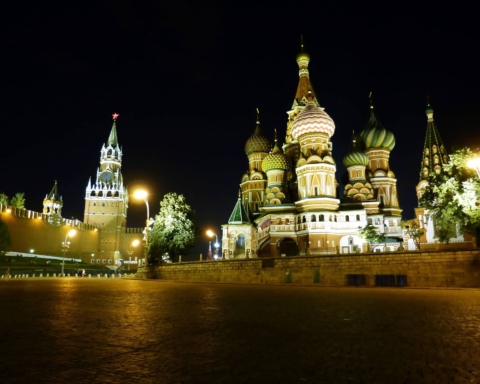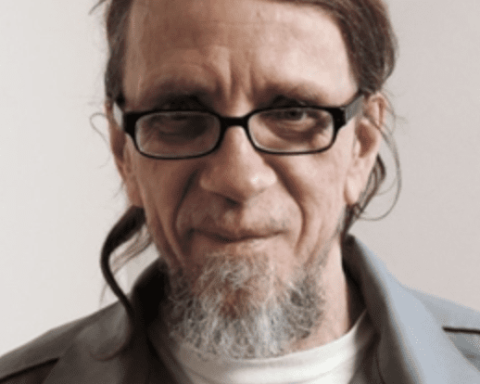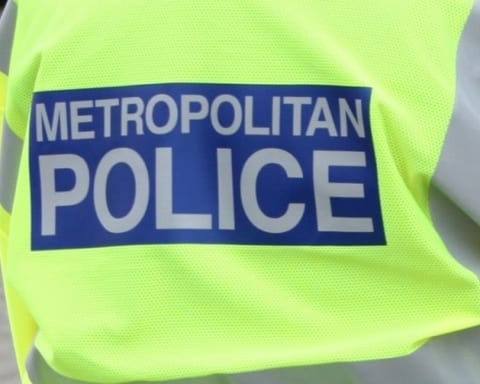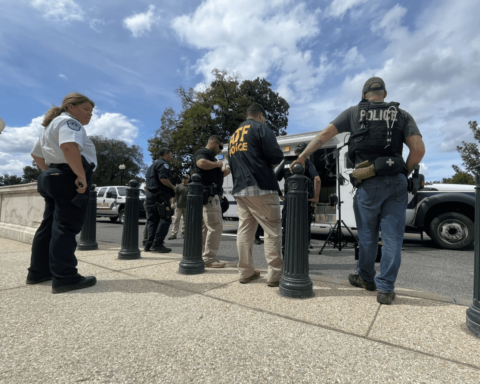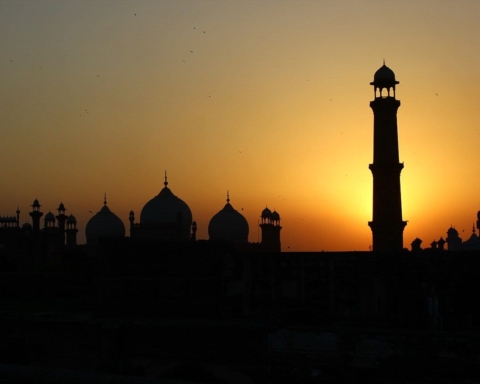NEW YORK (AP) — The killing of six worshippers at a Sikh temple in suburban Milwaukee brought fresh worries Sunday to the half million U.S. followers of a faith whose congregants have worried about their safety since the Sept. 11, 2001, attacks, when some began targeting adherents of a peaceful religion that stresses the equality of people.
While police have not described a possible motive for the Wisconsin shootings, several leaders of Sikh organizations nationwide say the killings have brought to the surface fears that have lingered since 9/11 when some ignorant about their beliefs began mistaking them for potential terrorists.
"This is something we have been fearing since 9/11, that this kind of incident will take place," said Rajwant Singh, chairman of the Washington-based Sikh Council on Religion and Education. "It was a matter of time because there’s so much ignorance and people confuse us (as) being members of Taliban or belonging to (Osama) bin Laden."
Valarie Kaur, 31, a New Haven, Conn., filmmaker who has chronicled Sikh attacks for 11 years, said the shooting "is reverberating through every Sikh American home," where the worst is feared.
"We are experiencing it as a hate crime," she said. "Every Sikh American today is hurting, grieving and afraid."
The cloth turbans worn for centuries by members of the Sikh faith so they could better serve their communities through a commitment to the oneness of God in all faiths and equality for all people has ironically made them targets of those ignorant of their history, she said.
"That turban has tragically marked us as automatically suspect, perpetually foreign and potentially terrorists," Kaur said.
Amarjit Singh, vice president of the Wheaton, Ill.-based Illinois Sikh Community Center, which serves 5,000 Sikhs, agreed about the Sept. 11 fears and said the congregation prayed for the slain victims as word of the shooting spread.
"We have a lot of families who have family members that attend that temple," Singh said. "It seemed so random."
Two elderly men wearing turbans were shot to death in March while taking a walk in Elk Grove, Calif., and police are investigating it as a hate crime. Days after the 2001 terror attacks, aSikh man was killed in suburban Phoenix. The man who was later convicted of his death had told his wife that "all Arabs should be shot."
And at airports, controversy has erupted when airport workers try to search or remove Sikh turbans, considered sacred in the Sikh faith.
Though there were no known threats, the New York Police Department announced it was increasing coverage in an abundance of caution in and around Sikh temples.
Harkirat Sandhu, 45, of Hanover Park, Ill., a member of Sikh Religious Society of Chicago for more than 10 years, said he worried more Sikhs could be targeted.
"The Sikh community is a peaceful community," he said. "We don’t believe in this type of hate and crime. We condemn this situation."
"Americans of all faiths should stand in unified support with their Sikh brothers and sisters," said Sapreet Kaur, executive director of the New York-based Sikh Coalition, the largest Sikh American civil rights organization in the U.S.
President Barack Obama and his presidential challenger, Mitt Romney, expressed their sorrow in statements. South Carolina Gov. Nikki Haley, whose parents are Sikh, posted a statement with condolences to "the innocent victims and the family of the heroic officer" on her Facebook page.
Kaur, the filmmaker, said she was encouraged by the outpouring from others, unimaginable a decade ago.
"My phone has been ringing off the hook," she said. "That gives me hope. Any expressions of solidarity, messages, prayers, will be felt not only by Sikhs in Milwaukee but all over the country."
– Those contributing tothis story included Associated Press writers Jeffrey Collins in Columbia, S.C., and Sophia Tareen and Michelle Janaye Nealy in Chicago.
[Editor’s note: The Oak Creek Patch noted Sunday that "Sikh Indians, because of religious tradition, wear turbans to cover their uncut hair and have longer beards" and "are often mistaken for Muslims and have been the targets of racially-motivated crimes by anti-Muslim people and groups, as evidenced by the epithets shouted at them." The Press Trust of India reported in April that "nearly 100 US lawmakers … asked the FBI to collect data on hate crimes against Sikhs in America to find better ways to prevent racially motivated attacks against the community." The Civil Rights Division of the FBI and United States Attorneys offices have investigated more than 800 incidents since 9/11 involving violence, threats, vandalism and arson against Arab-Americans, Muslims, South-Asian Americans, Sikhs and other individuals perceived to be of Middle Eastern origin." The national Sikh Coalition issued a Fact Sheet on Post-9/11 Discrimination and Violence against Sikh Americans indicating that Sikhs are widely mistaken as Muslims]
Copyright 2012 Associated Press. All rights reserved. This material may not be published, broadcast, rewritten, or redistributed.

